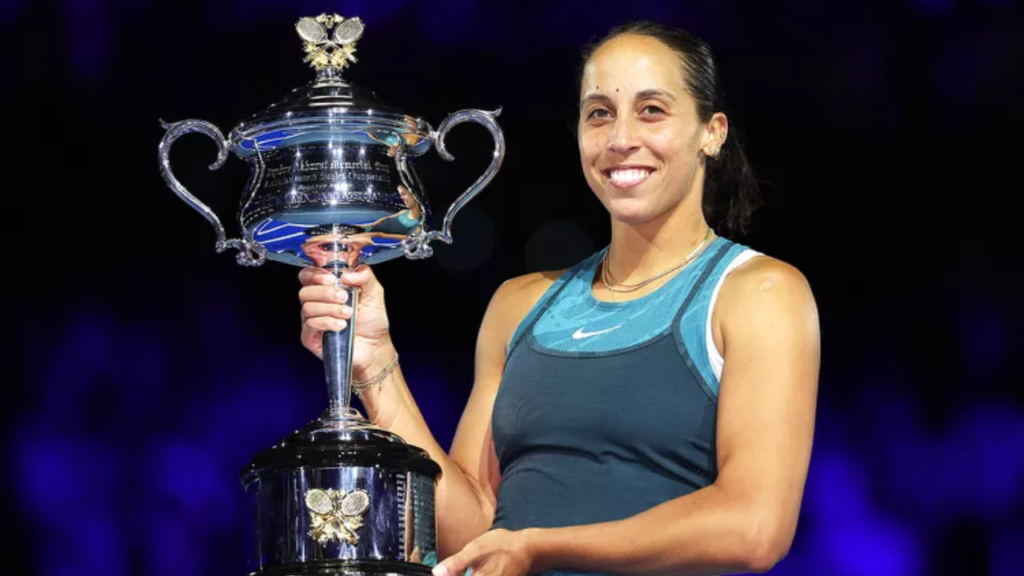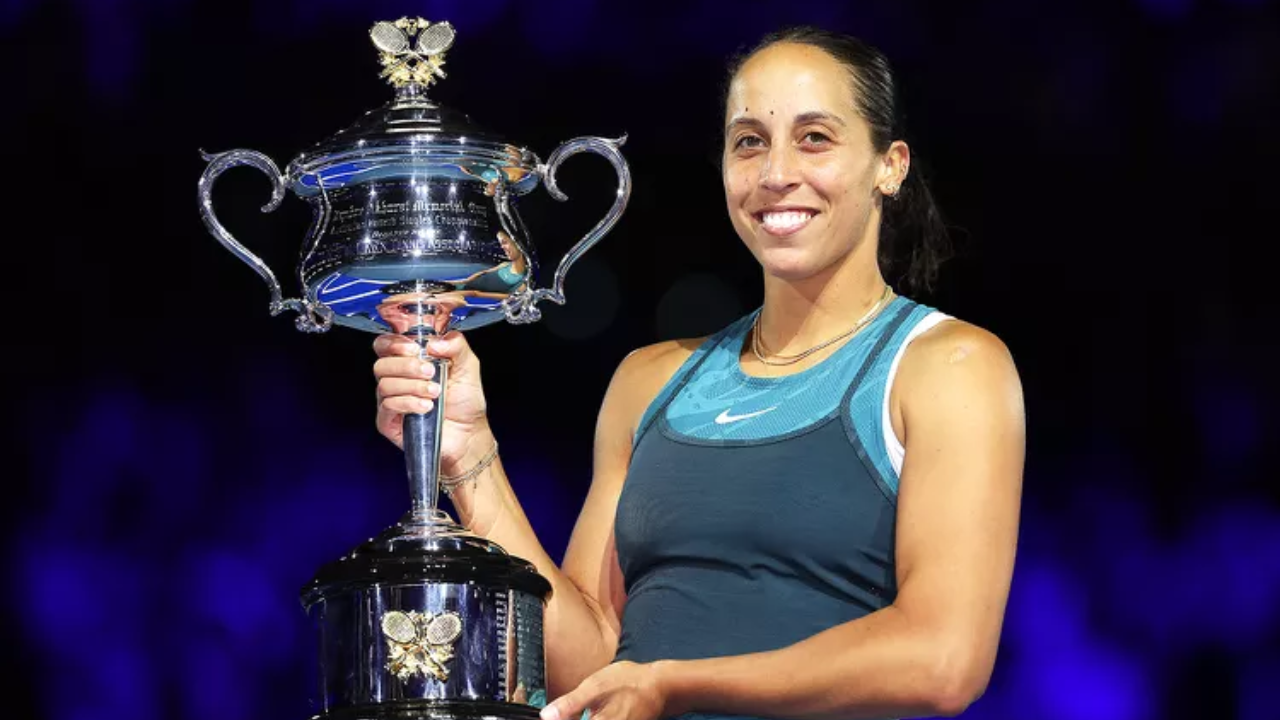
Madison Keys, the 2025 Australian Open champion, has revealed how therapy transformed her relationship with tennis and helped her achieve her first Grand Slam title. The 29-year-old tennis star opened up about her journey, emphasizing how addressing her emotions and mental health played a pivotal role in her success.
Keys, who had previously worked with sports psychologists, found that those sessions focused too much on results rather than personal growth. A year and a half ago, she decided to seek therapy outside the sports world, a decision that proved life-changing.
“It was the first time I felt truly comfortable,” Keys shared with PEOPLE after her historic win. “I started saying things I didn’t even realize were buried inside me. Sometimes, I’d pause and think, ‘Wow, I didn’t know I felt that way.’”
Through therapy, Keys discovered that she had internalized others’ expectations about her potential, which led to self-doubt and pressure. She began questioning her worth, wondering if she was “enough” without a Grand Slam title or if she should have pursued tennis at all.
“I had to deconstruct all those beliefs,” she explained. “Am I enough if I don’t win a Grand Slam? Should I have even played tennis? These were questions I needed to confront.”
Keys admitted that embracing vulnerability and facing her emotions was initially challenging. She preferred to avoid negative feelings, opting to “be happy” instead. However, she soon realized that suppressing emotions only works for so long before it takes a toll.
“I hated crying. I always saw it as a weakness,” she confessed. “I would rationalize my feelings, listing reasons why I shouldn’t feel a certain way. But therapy taught me that I needed to sit with my emotions to truly understand myself.”
This shift in mindset allowed Keys to separate her self-worth from her performance on the court. “I don’t need to be defined by the person I am on a tennis court,” she said. “I’ve learned to appreciate myself beyond the game.”
Keys’ victory at the Australian Open was a testament to her growth. She defeated world No. 1 Aryna Sabalenka and No. 2 Iga Świątek in back-to-back matches to claim the title. This triumph came exactly a decade after her first Australian Open semifinal appearance at just 19 years old, where she lost to Serena Williams.
Despite being hailed as the next American tennis star, Keys faced setbacks in her career, including a loss in the 2017 US Open final and four other major semifinals. Reflecting on her journey, she acknowledged the importance of her struggles in shaping her into the person she is today.
“I would tell my younger self to detach my career from my self-worth,” Keys said. “But at the same time, everything happens for a reason. Without those challenges, I wouldn’t have become the most whole version of myself.”
Keys’ story is a powerful reminder of the importance of mental health and self-acceptance. By embracing her emotions and seeking therapy, she not only improved her game but also found a deeper sense of fulfillment. Her victory at the Australian Open is a testament to the transformative power of self-discovery and resilience.

